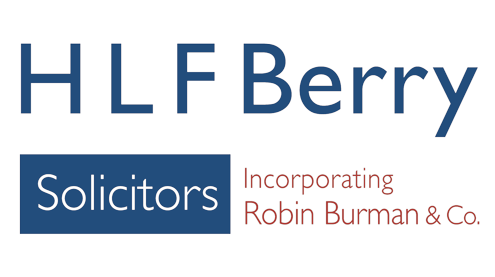How Do You Exit A Commercial Lease As A Tenant?
Commercial Lease Exits: A Guide For Tenants
There are many reasons why a tenant might want to exit a commercial lease and often the decision is driven by a need to cut costs or to make business changes.
Whatever the reason, how does a tenant exit a commercial lease?
The answer is by transferring the lease or subletting to a third party or by ending the lease using a right to break clause or surrender. However, it is not always straightforward or even possible to exit a commercial lease as it depends on the terms stated within the lease and whether the landlord grants consent.
How Do You Exit A Lease As A Tenant?
As a tenant with a commercial lease that you no longer want, you have a choice between transferring the lease or ending the lease, depending on your business situation and needs.
It’s advisable to seek legal advice before attempting to exit your lease. A solicitor will be able to examine your lease terms and obligations to establish what your rights to exit are. Furthermore, a solicitor can help you through the process to make sure you can achieve your desired outcome.
The most common methods to transfer your lease are by assignments and underletting, and for exiting most tenants go for a break clause or lease surrender.
Lease Transfer By Assignment (sale)
If allowed in the lease, the method of assignment enables the tenant to transfer the lease to a third party.
This must be stated in the lease for the landlord to agree to this. The lease will also state how the assignment is carried out – whether the tenant can simply hand over the property and associated obligations entirely or (as is more likely) whether a guarantee is needed from the current tenant as an ongoing guarantee that the lease obligations will be adhered to by the new tenant – This is often the case, and means that tenants should be choosy about who to assign to!
As the landlord must give consent, a solicitor will draw up a “licence to assign” document, detailing the terms of the assignment, that the landlord must agree to before the transfer can be finalised. The Lease will state that the Landlord’s legal costs must be paid – Agreement should be reached with the Purchaser on who will be responsible for these. The Landlord will also wish to have financial information about the Purchaser, and may wish to meet them.
Underletting
If allowed in the lease, the method of underletting enables the tenant to still be involved with the lease but to sub-let the property to a third party.
Permission to sublet must be stated in the lease for the landlord to agree to this and the landlord is able to place terms on the sub-lease, for example having the final say in who the new tenant is or stipulating the rent amount.
For underletting, the tenant uses a solicitor to draft a sub-lease. The tenant then becomes the landlord of the new tenant, although the primary lease means that the old tenant continues to be responsible for meeting the terms stated in this lease.
The terms of sub-leases vary depending on the tenant and landlord’s needs but must always be for a shorter term than the primary lease.
Exit By Break Clause
If allowed in the lease, the method of exercising a tenant’s right to break clause is an effective way to exit a commercial lease.
Break clauses allow tenants to end rather than transfer a lease when they want to exit.
Your lease will state if there is a break clause term and what obligations you need to meet to apply this clause, such as the minimum time the lease must run for first or what notice you must serve your landlord. The conditions set out in the Lease for the break must be strictly complied with, and the method of service of the break notice must be followed. To check if your lease contains a break clause and the conditions, speak to a solicitor.
Exit By Surrender
If allowed by your landlord, the method of lease surrender lets you end your lease in the most straightforward way.
Usually, the Landlord’s Solicitor will draft a deed that covers the terms and obligations of the surrender. The tenant and the landlord must agree to the deed – once agreement is reached and the Deed signed, the lease is ended. The Landlord may require payment for agreeing to the surrender
Helping You To Exit Your Commercial Lease
Our specialist commercial lease and property solicitors can help you to exit your lease by transfer or by simply exiting the lease entirely.
We will help to establish your rights and to understand the full terms of your lease as well as provide ongoing support so you can achieve the desired outcome for your commercial lease.
To speak to one of our professional solicitors about your commercial lease, please contact us at our Chorlton office on 0161 860 7123 or email chorlton@hlfberry.com or at our Failsworth office on 0161 681 4005 or email failsworth@hlfberry.com






